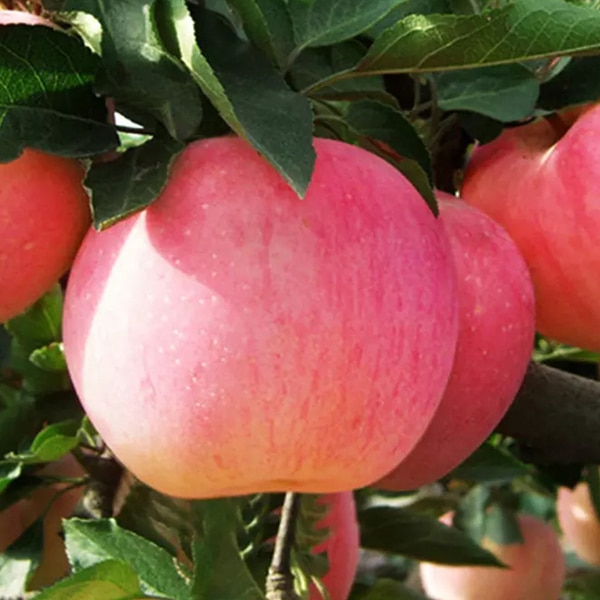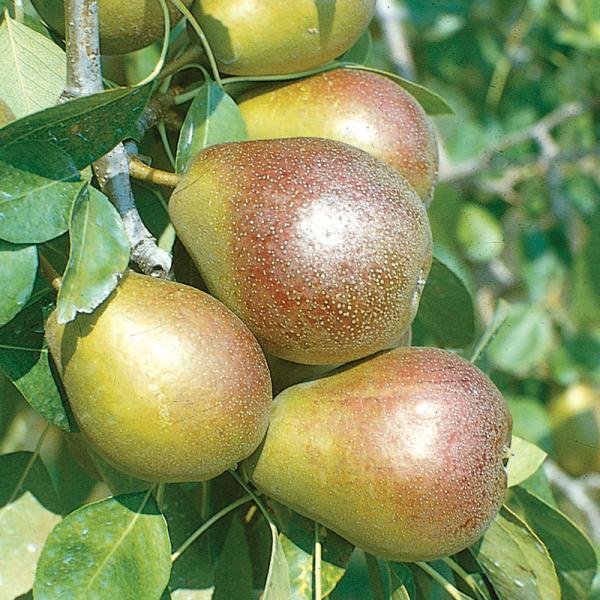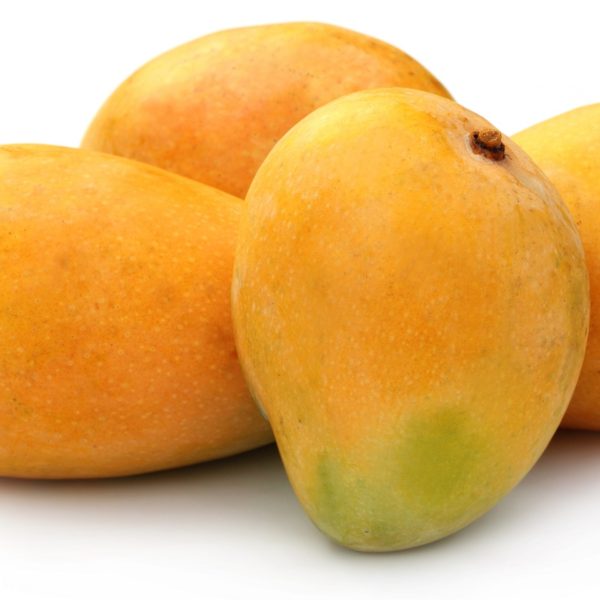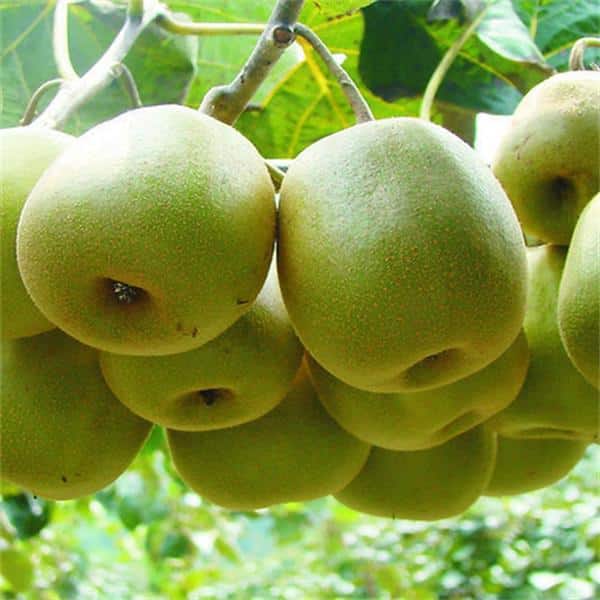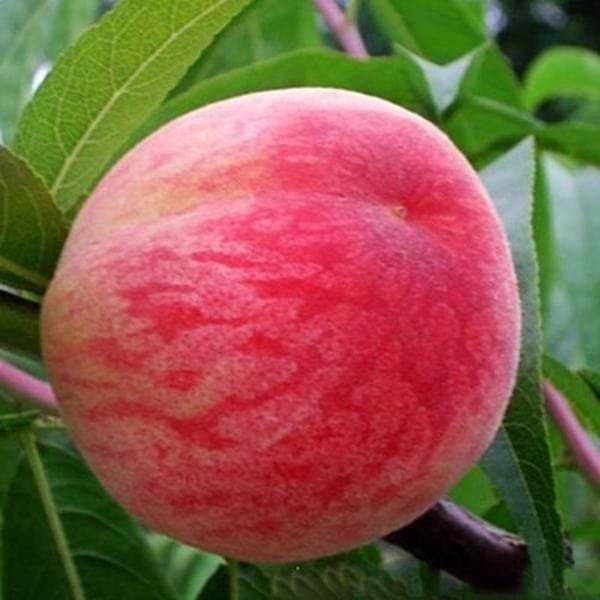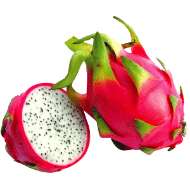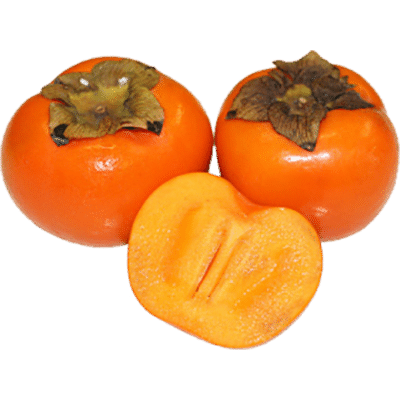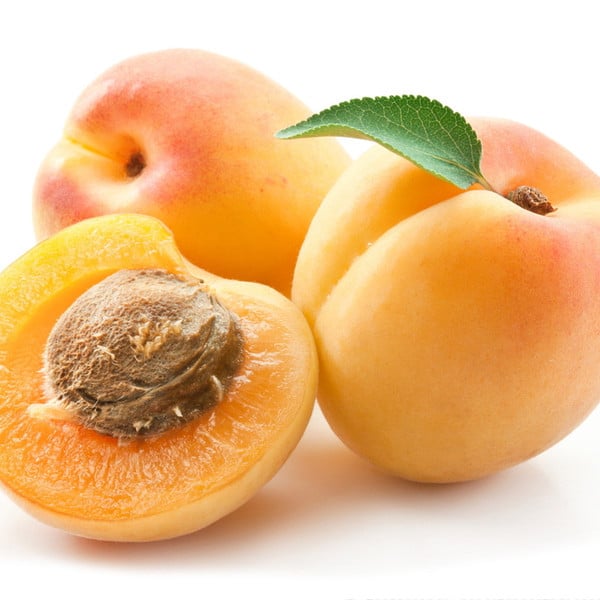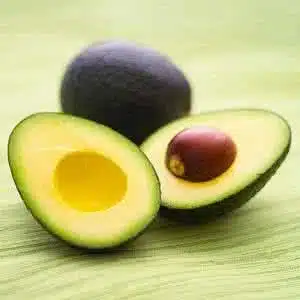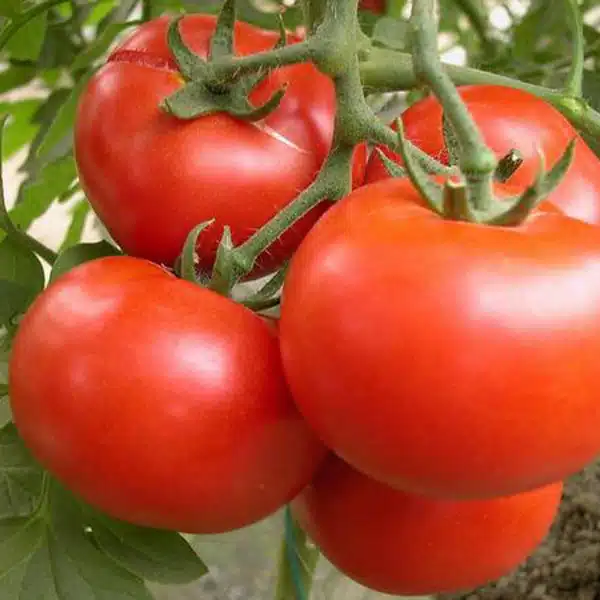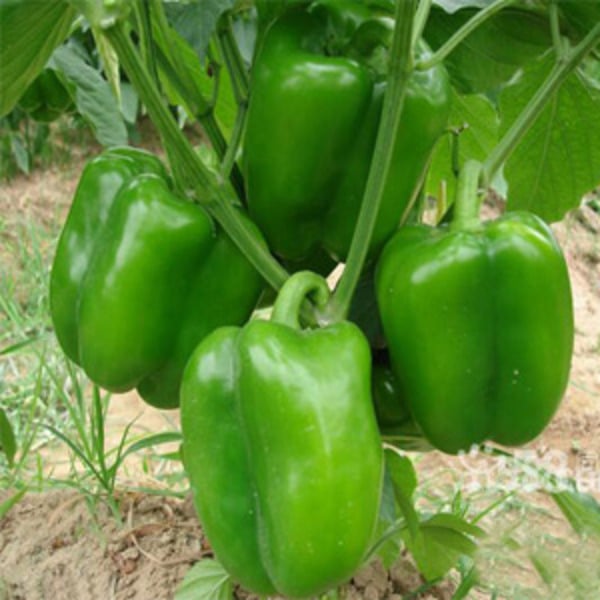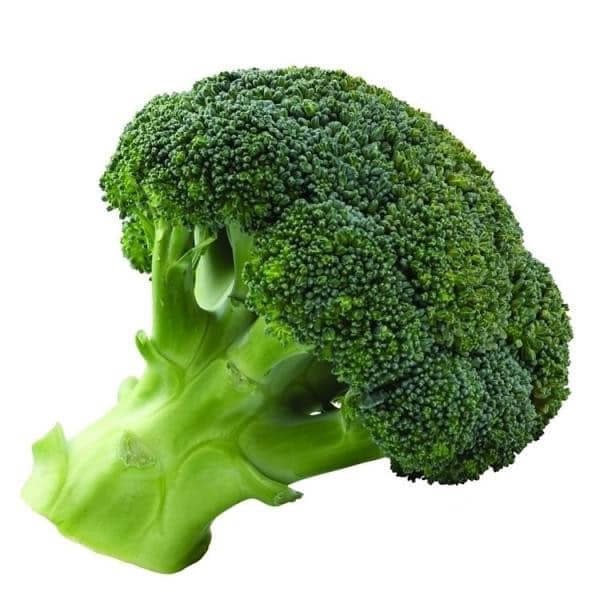Say goodbye to wasted food and hello to extended freshness with our innovative fresh-keeping technology!
-
Mon - Sat : 09:00 - 22:00(GMT+8)
-
sales@chesenbio.com
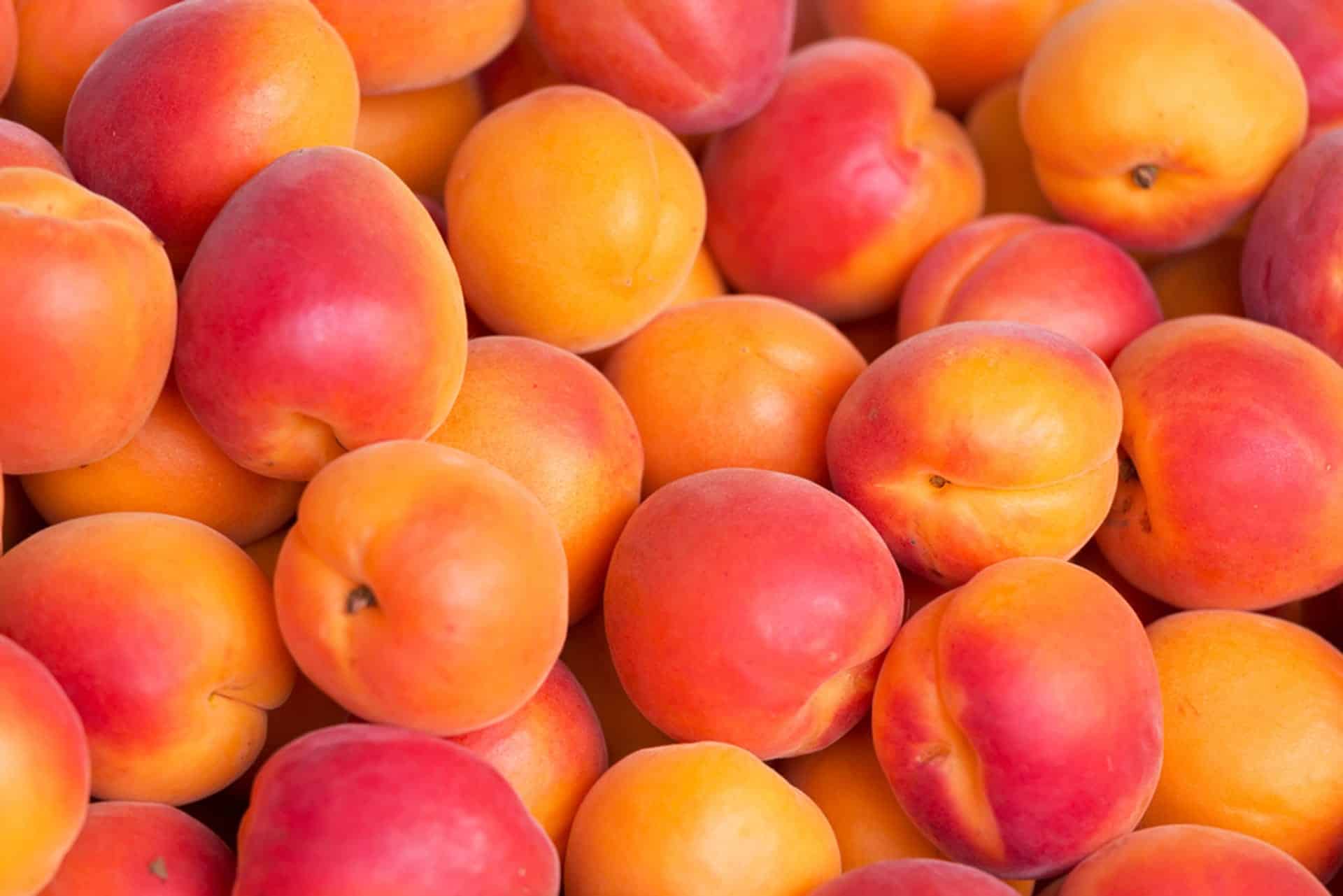
1-MCP for apricot storage
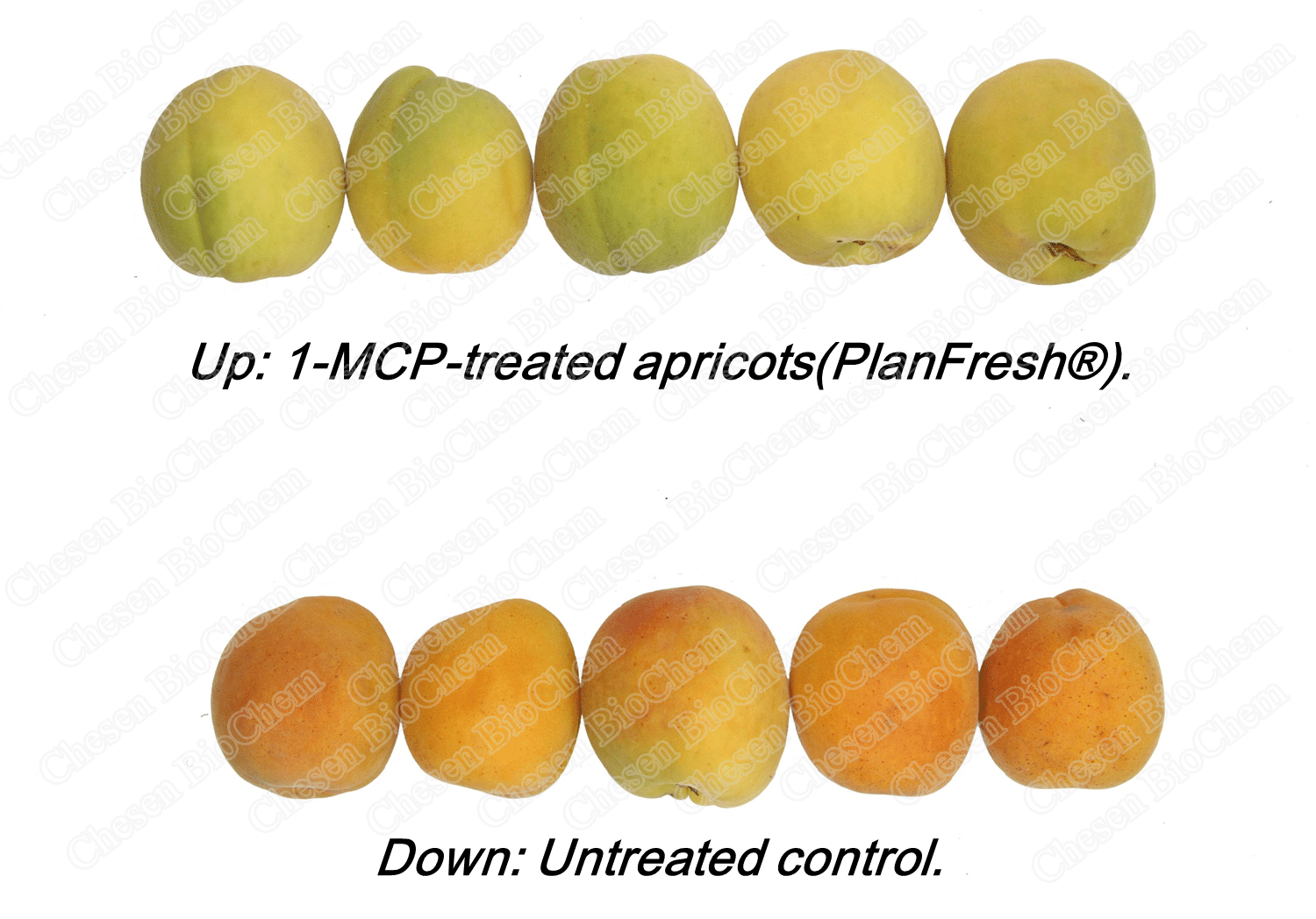
Storage and Preservation Technology of 1-MCP on Apricot
Apricot fruit can be classified according to maturity, fruit color, flesh quality, flesh core adhesion, and presence or absence of fluff. According to the flesh quality, there are Water apricot, Meat apricot and Soft apricot. 1-MCP (1-methylcyclopropene) is of interest in postharvest storage of apricot due to its ability to block ethylene responses.
The Water apricot is soft and juicy after ripening, suitable for fresh food, and is not resistant to storage and transportation. The flesh of Soft apricot is soft after ripening, and it is in a paste-like state with poor quality. The Meat apricot is elastic, tough, thick skin, not easy to soft and rotten, more resistant to storage and transportation, and suitable for processing. Sorted by fruit fluff, the surface of no fluffy apricot fruit is smooth and hairless, has waxy or a small amount of fruit powder, shiny after wiping, flesh tough, more resistant to storage and transportation.
1. The physiological characteristics of apricot after harvest
Apricot fruit have a very short storage life due in part to a high respiration rate and a rapid ripening process. Apricots are usually marketed soon after harvest but can be stored for 1-2 weeks at 0°C. Apricot fruit are climacteric and ethylene can regulate the ripening process. Therefore, inhibiting ethylene biosynthesis or action should slow the ripening process. Indeed, controlled atmosphere conditions that reduce ethylene production improve storage quality of apricots. Apricot fruit produce many volatile compounds during ripening that contribute to fruit aroma and the major compounds are esters.
There are two types of questions about the physiological characteristics of apricot.
1.1. Prevent chilling damage and carbon dioxide damage to apricot
Even if stored under suitable refrigeration conditions, for a long time, browning and softening will occur due to the accumulation of polyphenols. The prevention method is to master the proper storage period. Under the influence of high carbon dioxide concentration, apricot fruit will have a colloidal physiological deterioration. When using a controlled atmosphere storage, it is essential to avoid the high concentration of carbon dioxide, and the storage period should not be too long.
1.2.Prevention of apricot brown rot and soft rot
The brown rot of apricot fruit is characterized by water-soaked lesions in the affected fruit, which become dark brown in 24 hours and reach the core. The disease can spoil the whole fruit in 3 to 4 days at a higher temperature and infect each other during storage. The wound invaded the soft rot of the apricot fruit. The victim forms a small round pale brown spot. After that, it grows white mold and spreads to the whole fruit. Finally, it turns black and gray. The spoilage is soft and wet, eventually leading to the decay of whole fruit. For the prevention of the above two diseases, the first is to strengthen pre-harvest management, improve fruit quality and storability, and avoid mechanical injury. The second is to use a warm aqueous solution with dichloronitroaniline for post-harvest treatment.
2. Storage characteristics of apricot
It is essential to harvest the apricot when the fruit reaches the size inherent in the variety, the fruit surface turns from green to yellow, the intrinsic color of the variety is presented on the sunny side, the flesh is still hard, nutrients have accumulated enough, and there is a slight variety flavor and the maturity is roughly 80%. It is essential to harvest the fruits stored or exported at the place of origin at this time, and there is enough time for packaging treatment.
3. Preparation of apricot before storage
Long-term storage and long-distance transportation of apricots need to be harvested early. After harvesting, please soak apricot in 0.1% potassium permanganate solution for 10 minutes, and take apricot out to dry. This will not only disinfect and cool down, but also delay post-ripening decay. The dried apricot fruit is quickly basketed and pre-cooled for 12 to 24 hours. After the fruit temperature drops below 20 °C, it is transferred to the storage yard. Then use 1-MCP for fumigation treatment in time to effectively extend the preservation time of apricot fruit.
4. 1-MCP treatment for apricot
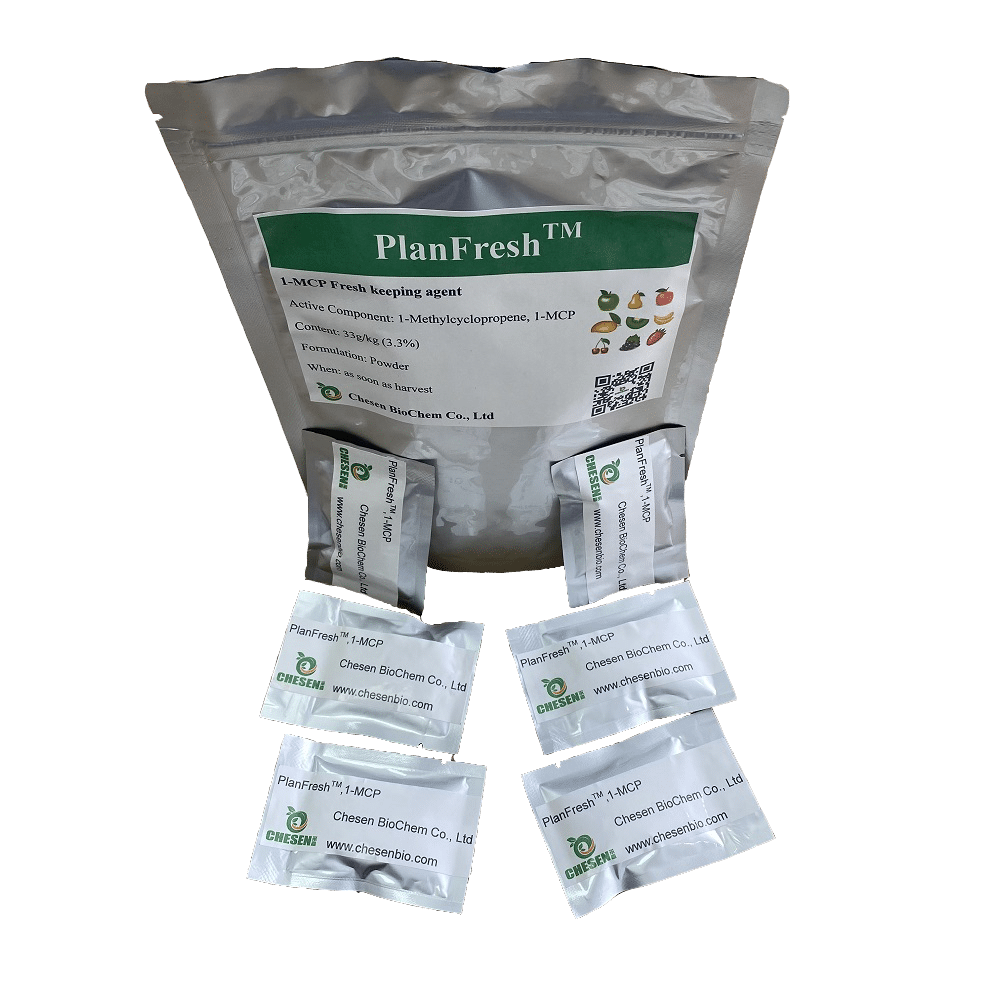
When the cold room is full of apricots, fumigate them with 1-MCP immediately, to prevent respiration peak, reduce respiratory strength, and inhibit ethylene. Then extend shelf life of apricots and keep them fresh for long time.
Temperature: 0°C~5°C
Concentration: 0.5~1μL/L
Duration: 12~24h
Shelf life: up to 2 months
5. Storage management of apricot
5.1. Suitable storage conditions
Suitable environmental conditions for apricot fruit storage and transportation at low temperature: temperature is 0 ~ 2 ° C, relative humidity is 90% ~ 95%, oxygen is 3% ~ 5%, and carbon dioxide is 2% ~ 3% during controlled atmosphere storage.
When stacking, there is a gap of about 5 cm between the baskets, the height is 7-8 layers. It is necessary to control the temperature to about 1 °C, the relative humidity is 90% to 95%, and the gas composition is 5% carbon dioxide, plus 3% oxygen. After storage, it is necessary to warm up the apricot fruit gradually before being sold. Then post-ripen the apricot fruit at 18 to 24 ° C, which is favorable for showing good flavor. However, such storage conditions are not suitable for low temperature sensitive varieties.
5.2. Sterilization
Regular sterilization during storage, preferably every half month, the use of fungicide rotation is better.
5.3. Ventilation
Change the gas every 25 days or so, control the ventilation time to about half an hour, choose the sunny day when the outside temperature is low.
6. Contact us
For more detailed information about 1-MCP on apricot, please feel free to contact us.

